I suppose Foucault has to be credited with talking about disposable life. And it’s interesting to me that at the very moment when he was giving the lectures on this topic, Henry Kissinger in the United States was admitting, or publishing, the results of the commission on sterilization. The idea was that sterilization should be encouraged in Third World countries in order to regulate the population.
Archive (Page 3 of 4)
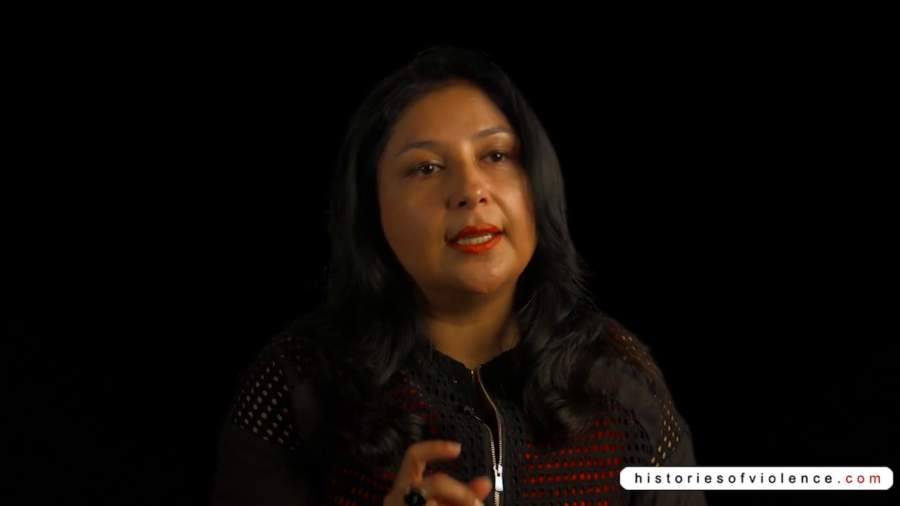
I think what is particularly striking about the question of disposable lives in the 21st century is what seems to be a new global common sense about poverty, the ways in which poverty and particularly poor others have become visible. And how that in turn, particularly for millennials in the Global North—college students, young professionals, so-called ordinary global citizens of the world—how this has mobilized them to action.

I’ve been thinking about disposable life and the meaning that might have in societies today. And I decided that the kind of disposable life that most concerns me is the kind that we either resolutely don’t see, ignore, or neglect. Or the kind that we do see but can’t seem to deal with.

When I think about disposability, I think about namelessness. I think about whose pictures are taken in refugee camps. Or whose stones without names you look at at a mass grave, or just a ditch for that matter. To be disposable is to be nameless in somebody’s eyes.
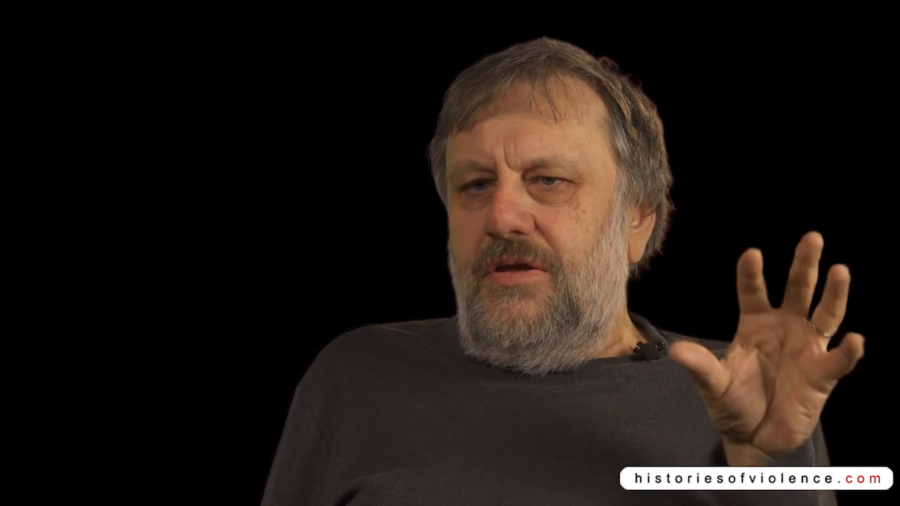
Under capitalism, the problem is not there are evil people here and there. The problem is the basic logic of the system as it was developed by Zygmunt Bauman and many others. Some people even claim that if you look in a nonhumanitarian way just at the pure logic of today’s global capitalism, you arrive at a ratio even some people claim of 20–80%.

Disposable life. What comes to my mind is a set of dynamics, I think, that are marking the current period, that are marking a difference in the current period. And it is the multiplication of expulsions. And once something is expelled (and I’ll elaborate) it becomes invisible. And that is part of the tragedy, I think.
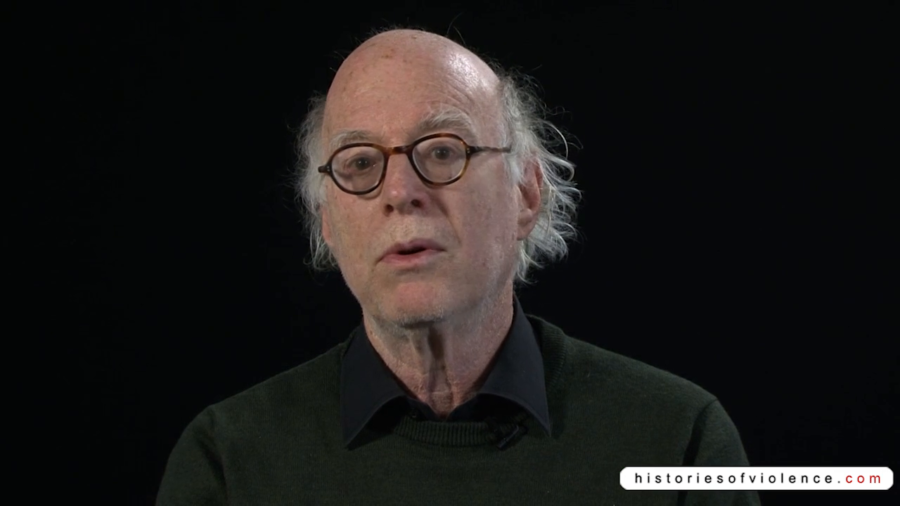
In the world of labor and work, the phrase “disposable life” refers to a new wrinkle in neoliberal capitalism. And that wrinkle is that it’s cheaper to dispose of workers in Europe and America than it’s ever been in the past.
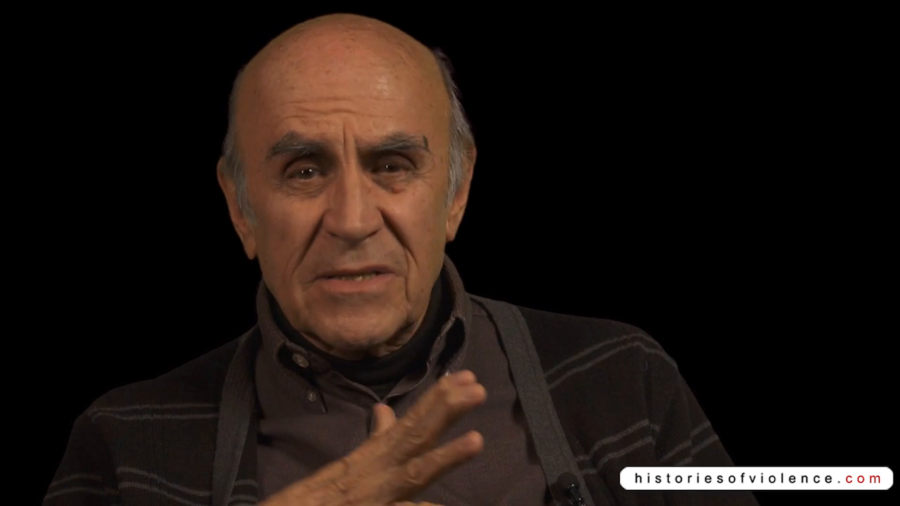
It is very pertinent to talk associating this with the Zapatistas. Twenty years ago in January 1st, 1994, we had the beginning of the Zapatista uprising. And to understand it we need to see what was happening with these people before the uprising, how they came to that terrible decision of starting an armed uprising.
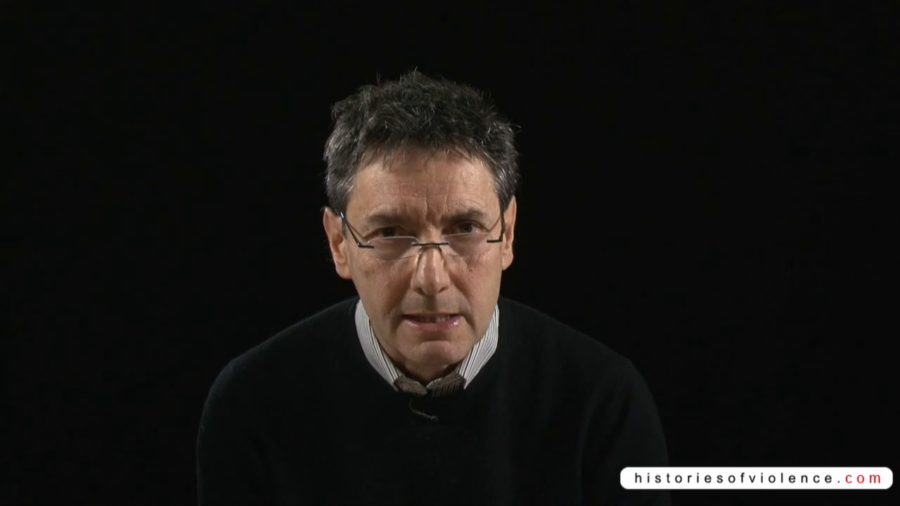
My approach to the question of disposable lives is this: In an age of late capitalism, advanced technology, and mass media, are lives easier to dispose of now than in the past? And my response is, unfortunately, yes it is easier now. And this isn’t simply because of the technology that is available today that simply wasn’t available in the past.


